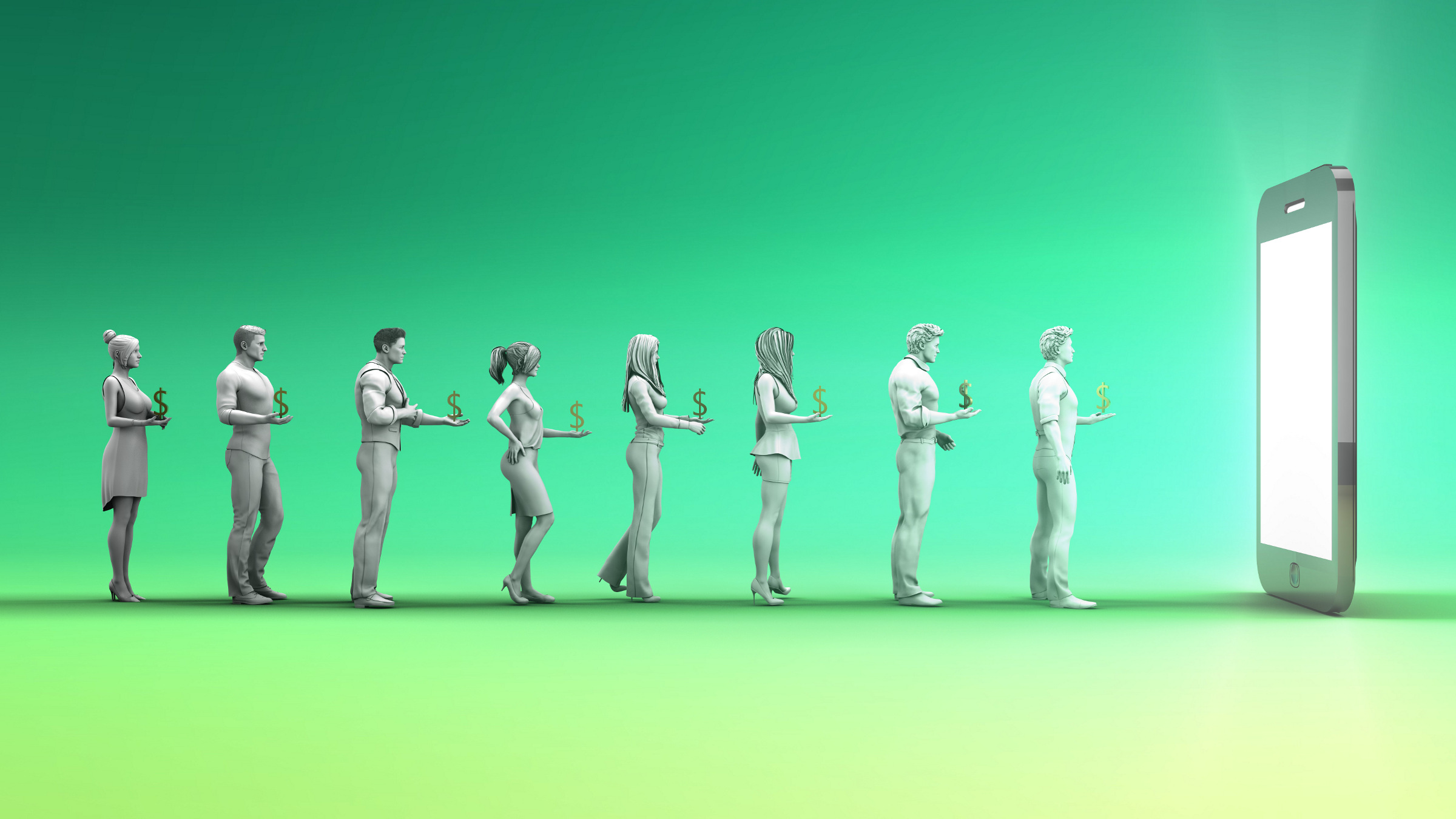A technological singularity is a hypothetical time in the future where our expectations regarding technology break apart. Typically, it is imagined that most human beings would become obsolete following a technological singularity. Thinkers like Martin Ford have suggested that as we get closer to a singularity, we might face massive technological unemployment.
Developed over many years by OpenAI, ChatGPT took the world by storm as a genuine technological breakthrough. I was astonished to find that ChatGPT could pass my programming course. Other professors have reported that ChatGPT can pass advanced courses in theoretical computer science or economy. More broadly, generative artificial intelligence is able to create movies, pictures, animations, stories and even entire software applications, seemingly from scratch. I imagine that it will create entirely new products and services over time.
Some have been pessimistic, The Guardian warned us: U.S. experts warn AI likely to kill off jobs—and widen wealth inequality (February 8, 2023). The actual article is less pessimistic than its title. It quotes Autor, a famous economist who spent decades studying the impact of technology on employment: “If anything, we don’t have enough people for jobs right now.” Autor is no doubt thinking about our aging population: the U.S. and most other countries are facing an ever-larger retiree/worker ratio.
We also invent new jobs all the time, and we need people to fill these new positions. It is nothing new. In The New York Times (The Optimist’s Guide to Artificial Intelligence and Work, May 20, 2023), Autor is quoted as saying: “60 percent of current occupational specialties did not exist 80 years ago.” Yann Lecun from Facebook told us on Twitter that “Many of the jobs people will be doing in 20 years do not exist yet. Just like data scientist, mobile app developer, youtuber, and Instagram influencer didn’t exist 20 years ago, and just like Web designer, front-end engineer, and back-end engineer didn’t exist 40 years ago.”
It is likely that the effect of generative artificial intelligence is broad. In GPTs are GPTs, Eloundou et al. (2013) from OpenAI assess the effect of tools like ChatGPT on jobs: “Our findings indicate that approximately 80% of the U.S. workforce could have at least 10% of their work tasks affected by the introduction of GPTs, while around 19% of workers may see at least 50% of their tasks impacted.” They further suggest that higher-income jobs are more likely to be affected. But observe how they are not predicting that many people will be outright obsolete.
There are now many calls to regulate artificial intelligence. It is likely that some governments will contemplate regulations that seek to prevent employers from replacing workers with artificial intelligence. It is worth remembering that we have been there before. Bastiat, a French economist and philosopher from the IXXth century, asked “what is wealth?'” Is it made of the effort we spend to get a result, or is it the result itself? At the time, politicians were concerned that the train and other industrial innovations would take away too many jobs. Predictably, it took some jobs, but created many more that people could not imagine. Existing jobs are not why the U.S. is a rich country: the U.S. is wealthy because of everything it produces.
Artificial intelligence is indistinguishable from “automation by software.” The entire software industry is nothing but a machine to automate existing jobs. Software programmers are experts at making themselves obsolete. Yet the percentage of Americans employed in the software industry has increased massively in the last ten years, as did the share of total GDP attributed to software.
What people do in the software industry keeps changing. But there are always more jobs appearing out of the constant creative destruction of software. Between 2001 and 2017, the number of application developers doubled in the U.S., and their mean salary increased by 50%.
In the short term, it is a safe bet that the computing industry will keep growing and providing more jobs: artificial intelligence breakthroughs might even accelerate the trend. The underlying trend has been obvious for a long time and it shows no sign of fading: “software is eating the world” (Marc Andreessen).
What about the economy as a whole? Today in the U.S., the unemployment rate is at one of the lowest points it has been in the last 20 years, well below 4%. The employment/population ratio for women is about the same as it was 20 years ago. Men’s employment rate is at the level it was ten years ago: it fell following the 2008 recession and never recovered. It affects mostly young men whose participation rate got closer to that of women over time, and is more likely to reflect cultural changes than the impact of artificial intelligence.
If we were wiping out jobs through technology, the first indication would be much higher worker productivity: we would do more with fewer people. However, the Office of Productivity and Technology in the U.S. suggests that productivity gains in the recent past are not historically large.
I am willing to place a public bet with anyone right now that the consensus view among mainstream economists, at the end of 2024, will be that there is no mass unemployment caused by artificial intelligence. I can place another public bet: productivity measures by the end of 2024 will have barely moved due to artificial intelligence. Sure, in some cases, you might do away with a graphics designer or an extra programmer, but it will take many years before generative artificial intelligence has a measurable effect on the economy as a whole. By the time the impact is felt, we will have had time to adapt. We are not facing an imminent technological singularity.
Daniel Lemire is a computer science professor at the Data Science Laboratory of the Université du Québec (TÉLUQ) in Montreal. His research is focused on software performance and data engineering. He is a techno-optimist and a free-speech advocate.




Join the Discussion (0)
Become a Member or Sign In to Post a Comment